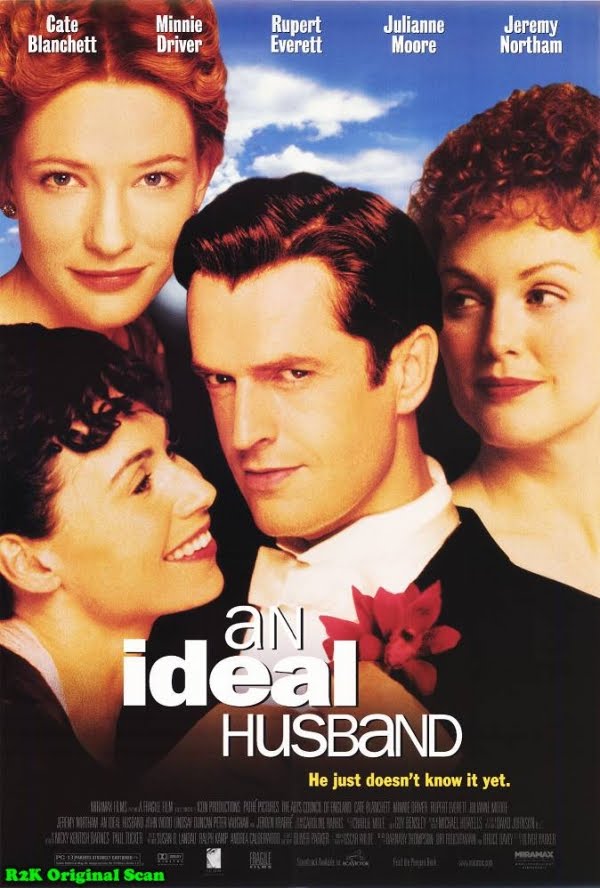I know I'm preaching to the choir here, but it seems like our whole society thinks that working in a job creates a sense of self-respect and self-esteem. I honestly never felt that way. Maybe I'd feel a sense of accomplishment, but it never increased my self-respect. Can someone enlighten me here? If you take this logic, then if you are laid off or fired, your self respect would go down, wouldn't it?
Seems like a complex issue to me.
Our culture certainly does promote the idea that doing productive work is part of self-respect. This is especially true for men, and especially true in subcultures where traditional sex roles are strong.
There's a moral element to it. Doing something productive or useful for society has, as far as I know, often been considered morally superior to "idleness," especially constant idleness. So some people may feel guilty for not working, like they're doing something self-indulgent and morally lazy.
There is probably something biological in it. It's easy to imagine how we might be genetically predisposed to feel bad somehow, if we weren't working for the tribe in some capacity, just sitting idly on the sidelines sipping coconut juice all day.
There are two types of self-esteem, so the effect on self-respect (or self-esteem) depends on which type you're thinking about. There is internally generated self-esteem, which comes from a sense of competence and a sense of operating according to your own values. And there is "reflected self-esteem," which we get from our sense of how others view us, or how the culture views us -- self-esteem as mirrored back to us by our image in others' eyes.
When we retire, reflected self-esteem probably takes more of a hit than internal self-esteem, since society and other people generally view people more positively if they have a job. This may be even more true for early retirees, since people are given a "pass" if they look old enough to "deserve" a retirement after a presumably long life of hard work.
However, internally generated self-esteem potentially increases in retirement, since you would be better able to stretch your sense of competence into new areas, express your real self, and follow your deepest values. Retirement is a challenge, though, and not everyone succeeds at it. There are certainly many stories of people whose self-esteem and quality of life plummet in retirement.
Also, there are insecure people who use work to bolster their self-respect. In those cases, taking work away from them is like taking away their oxygen.
And as others have pointed out, work is not always a boon to self-esteem. A toxic work environment can destroy a person's self-esteem.

